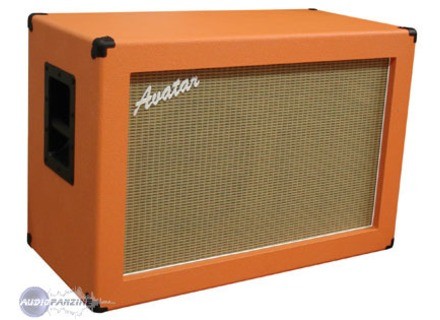- Colin
- Member
 Offline
Offline
Re: CRTC Makes Huge Changes To Cdn. Radio On Music, Ownership Rules & More
paterson1 wrote:
RadioActive wrote:
Colin wrote:
20 years too late, but we'll take it!This policy never made any sense to me. This constant "protection" the Commission appears to love seems to fly in the face of stations actually competing equally for an audience. Can someone explain why this rule was ever there in the first place?
Now Ottawa and Montreal radio will sound like everywhere else. Predictable, safe, and not as exciting. At least with the hit/non radio sounded different and more interesting on air with more new music. That's one reason why radio in Ottawa and Montreal is more competitive and overall better than Toronto.
If stations in these markets had buried the non-hits in all dayparts, that would have been fine. But the non-hit dumps from 7pm to midnite made them unlistenable at night.
- Radiowiz
- Member
 Offline
Offline 
Re: CRTC Makes Huge Changes To Cdn. Radio On Music, Ownership Rules & More
Colin wrote:
If stations in these markets had buried the non-hits in all dayparts, that would have been fine. But the non-hit dumps from 7pm to midnite made them unlistenable at night.
It will take a format change or two to draw attention because most average radio listeners don't pay attention to such detail or change. They either like the music or they don't.
If they assume (without tuning in) that it's the same old same old, they won't give radio the time of day.
- RadioActive
- Moderator
 Offline
Offline
Re: CRTC Makes Huge Changes To Cdn. Radio On Music, Ownership Rules & More
At the risk of opening up this can (or should that be CanCon?) of worms again, I'll simply let this article from the CBC - yes, the CBC, so hardly a bastion of right wing thinking - about concerns over Bill C-11 speak for itself.
I think they're relatively fair in presenting both sides, but I should note that it refers to a petition sent to the government from Open Media expressing concerns about this proposed law. What it doesn't say is that petition contained some 103,000 signatures, which, despite the story's headline, would seem to indicate there are far more than just "some" Canadians worried about the implications of this thing.
CBC: Some Canadians worried new legislation could change how they stream media
- •
- RadioActive
- Moderator
 Offline
Offline
Re: CRTC Makes Huge Changes To Cdn. Radio On Music, Ownership Rules & More
Speaking of controversial bills that may affect what you see - or don't see - this legal quagmire has now gone to the Senate. If it passes muster there, it will be the law of the land. What happens from here on in should be interesting to watch, because the major forces in online media - like Google and Facebook - are not happy and are threatening to stop providing Canadian news on their platforms.
MPs pass bill mandating internet giants pay for news. Meta threatens to block content
- •
- paterson1
- Member
 Offline
Offline
Re: CRTC Makes Huge Changes To Cdn. Radio On Music, Ownership Rules & More
Both Google and Facebook have threatened to leave various countries over the past year. I believe Google actually posted to viewers in Australia in January 2021 that they were planning to cut service to Australia because of government regulations. They have also threatened New Zealand and some countries in Europe because of proposed or passed regulations. They may have shut down briefly in Australia but as far as I am aware haven't followed through on their threats so far in other countries.
Interesting that the US Senate, military and the governments of some states are proposing or have already banned Tik Tok from being used on government issued devices.
Mark Rubio has also introduced a bill to ban Tik Tok outright in the US since the social media giant has become so popular and is Chinese owned. There is a fear of security and possible connections to the Chinese government. Rubio's bill also calls for the banning of social media platforms from countries of concern such as Cuba, Iran, South Korea and others. More from NPR..,U.S.%20Senate%20approves%20bill%20to%20ban%20TikTok%20on%20federal%20agency,their%20agencies'%20phones%20and%20computers.
